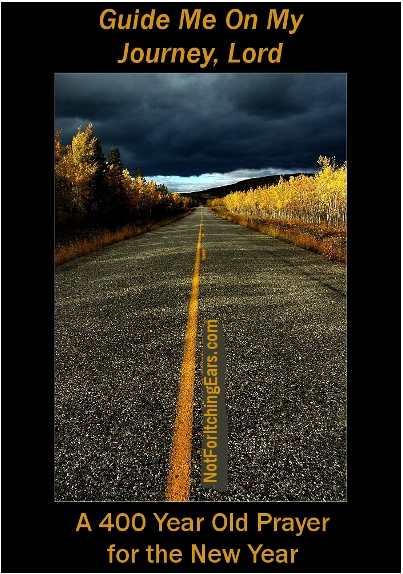Now when the Pharisee who had invited him saw this, he said to himself, “If this man were a prophet, he would have known who and what sort of woman this is who is touching him, for she is a sinner.” (Luke 7: 39)
Therefore, this Pharisee in Luke wasn’t a bad student. He correctly identified the sort of woman. He also had chosen a life with a different prize in mind. He therefore had avoided the kind of relational damage that such sorts inflict. Sorting as a means of knowing can help us to identify different conditions of heart. It gives us categories for naming those conditions. The religious leader did well. The Pharisee was right. Jesus likewise had this knowledge. He too rightly identified the woman as a sinner (Luke 7: 48). As it related to the sort, the teacher and the pupil were agreed.
Jesus’s knowledge takes into account what it means to know not just her sort but her. “Do you see this woman?” Jesus asks.
How different Jesus is! Though others may see only what they label you, Jesus sees you.
What is it about how we Christians sometimes view growth in knowledge that enables us to belittle or demean or judge or confound or overwhelm a person who is opening his first Bible for the first time? The haunting answer is that the Serpent’s temptation still whispers to us: “You will be like God, knowing . . .” (Gen. 3: 5). Like Adam and Eve, we too are tempted to know as God knows and to take his superior position of knowledge when relating to others. The problem is that even though God knows what we do not, and this to an extent that dwarfs us, he remains humble toward us. Tempted to omniscience, we fool ourselves on both counts. What we do know does not compare to God. And the way we relate with what we know often little resembles the humility of God.
~ Zack Eswine, Sensing Jesus: Life and Ministry as a Human Being
Filed under: Discipleship | Tagged: Discipleship, Zack Eswine | Leave a comment »







